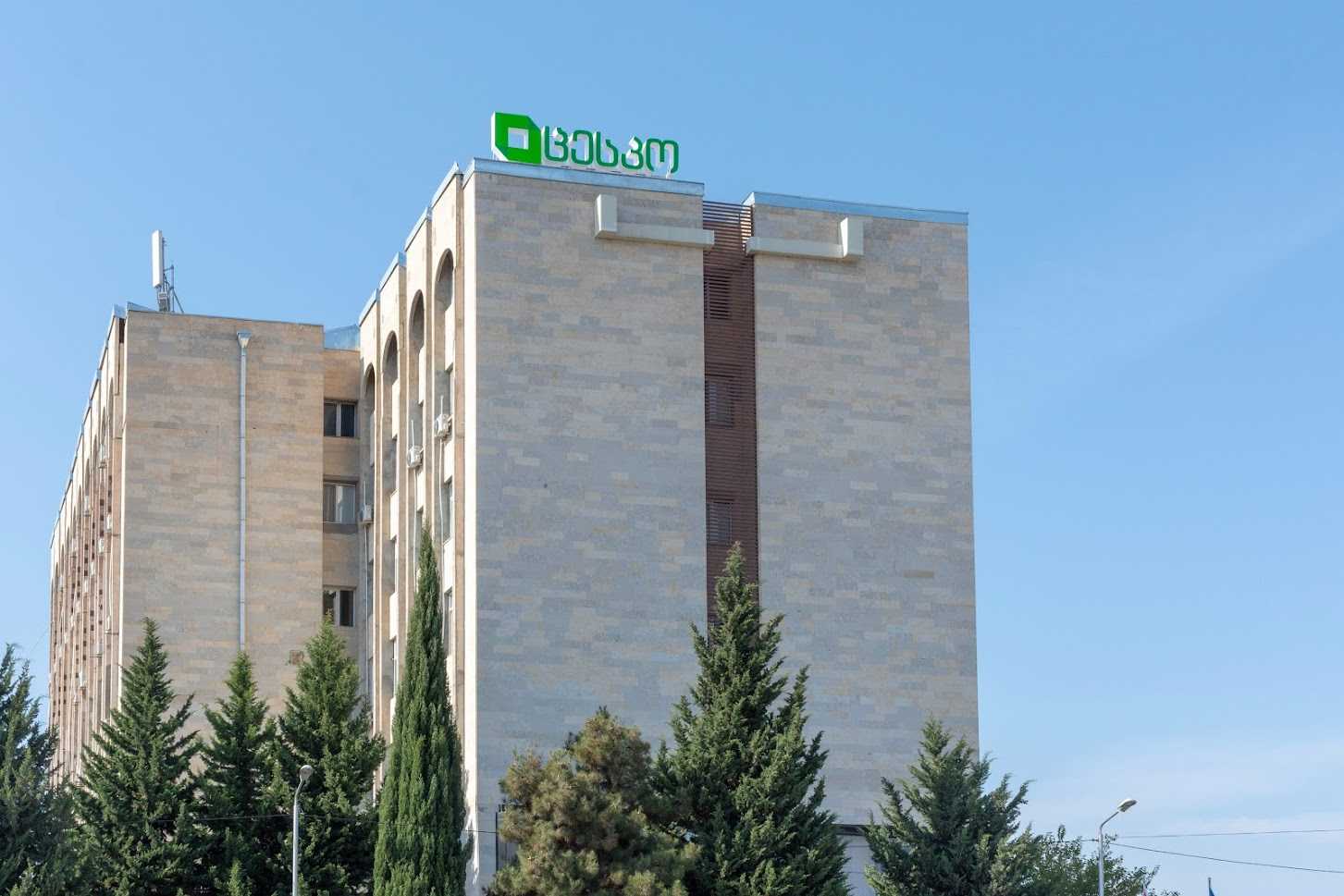Facebook takes down ‘disinformation networks’ linked to both Georgia’s ruling party and opposition

Facebook has deleted hundreds of Facebook and Instagram accounts, groups, and pages allegedly affiliated with the ruling Georgian Dream and the opposition United National Movement parties. The networks were taken down for engaging in ‘coordinated inauthentic behaviour’.
[Caption: Articles posted in Facebook groups that have been taken down. The green rectangles mark the deleted account of a journalist who previously worked for Espersona and now is an editor of Mtavari Ambebi, a fringe media portal. Source: Facebook.]
Facebook’s report, published on Tuesday, said that 511 Pages, 101 Facebook accounts, 122 Groups, and 56 Instagram accounts were linked to Espersona, a media organisation founded by Koka Kandiashvili, an individual previously accused of running a ‘troll factory’ that supported Georgia’s ruling Georgian Dream party.
Facebook said they also took down 23 Facebook accounts, 80 Pages, 41 Groups, and 9 Instagram accounts associated with the opposition United National Movement party.
The Atlantic Council’s Digital Forensic Research Lab (DFRLab) which cooperated with Facebook in the investigation reported that the assets connected to Espersona impersonated Georgian health authorities and political opposition members and sought to discredit pro-democracy activists and members of opposition parties.
The accounts, pages, and groups supporting the UNM also engaged in ‘coordinated inauthentic behaviour’, however in this case, they targetted the authorities.
Kandiashvili’s Espersona network
Before founding Espersona, Koka Kandiashvili headed the Georgian Government’s public relations department, after which he became a PR consultant for the Government. His wife, whose Facebook profile was also taken down following the investigation, previously headed the Government’s press office.
Kandiashvili was previously accused of managing a ‘troll factory’ in March 2019. He has denied the accusations.
On Wednesday, he denied the accusations yet again and said that Facebook was misled by ‘biased organisations’ who were targeting him personally, in addition to Espersona as an organisation.
Espersona has described itself as a media platform that combines profiles of popular public figures and ‘hot’ news in one space, covering politics, business, and society. It operated several pages and managed groups where content discrediting politicians and activists was regularly posted.
According to the DFRLab, the network also included Facebook profiles and pages impersonating opposition leaders and health authorities.
A fake profile of former Georgian Prime Minister Vano Merabishvili claimed that Merabishvili would not partake in ‘domestic political warfare’ with the ostensible goal being to get the real Merabishvili to ‘curb his political activity or to persuade his supporters to give up dreams of victory’.
Another fake profile, that of famous Georgian medical doctor Levan Ratiani, posted updates regarding the case numbers around the COVID-19 outbreak in Georgia. According to DFRLab, this was seemingly a bid to build a large audience for the page so as to more effectively serve as a channel for disinformation at a later date.
The network also allegedly operated several ‘fringe’ news portals. DFRLab found that ‘these external news portals mainly publish pro-government content, and their content is mostly critical toward the opposition parties’.
The content produced by the portals was disseminated by Espersona linked Facebook groups. According to the investigation, $30,000 was spent on advertising Espersona-linked content on Facebook.
Pages affiliated with United National Movement
‘The individuals behind this activity used a combination of authentic and fake accounts to comment on content, evade detection and removal, and manage Groups and Pages — some of which posed as news entities’, Facebook wrote of the pro-UNM social media disinformation network.
The network frequently posted about local news and political topics like the 2018 Georgian elections and candidates, Georgian Orthodox Church, criticism of the ruling party and the government’s handling of the coronavirus pandemic.
According to Facebook, these pages and groups had hosted 22 events and spent a total of $23,800 on ads.
Both parties reject accusations
The leaders of both the ruling Georgian Dream and opposition United National Movement parties denied affiliation with the disinformation networks.
The day after the report was published, Archil Talakvadze, one of the leaders of the Georgian Dream, blamed the United National Movement for spreading disinformation and stated that Koka Kandiashvili had no ongoing official ties with the ruling party.
‘He didn’t have any official connection, orders, or contracts. There is no proof of this’, Talakvadze said, adding that Kandiashvili was simply a Georgian Dream supporter who opposes the United National Movement.
Tamar Chugoshvili, a former Georgian Dream MP who currently sits in parliament as an independent, told TV Pirveli later that day that Kandiashvili did indeed work for the government.
‘I’m very surprised’, Chugoshvili said. ‘He [Kandiashvili] worked [with Georgian Dream], I used to see him there’.
The United National Movement categorically denied links with fake accounts in a statement published on 6 May, writing that, ‘policymaking with such methods is unacceptable’ to the party. They accused Georgian Dream and Russia of being the ‘source’ of ‘fake information’ and ‘hatred’.
Roman Gotsiridze, an MP and chair of the UNM parliamentary faction, told Netgazeti that the people criticising Georgian Dream online who Facebook deemed to be fake accounts were actually real and were sincere critics of Georgian Dream.
Not the first time
In December 2019, Facebook disabled hundreds of accounts originating in Georgia which the company said ‘engaged in coordinated inauthentic behaviour’.
In this case, Facebook said that the Georgian government and a local advertising agency were responsible.
Facebook accused the network of spending $316,000 in advertisements that targetted government critics.
Georgian Dream denied any formal or informal ties to the fake accounts and claimed it was their supporters who had purchased the ads. They accused the United National Movement Party of being the real ‘fake news producers’.







